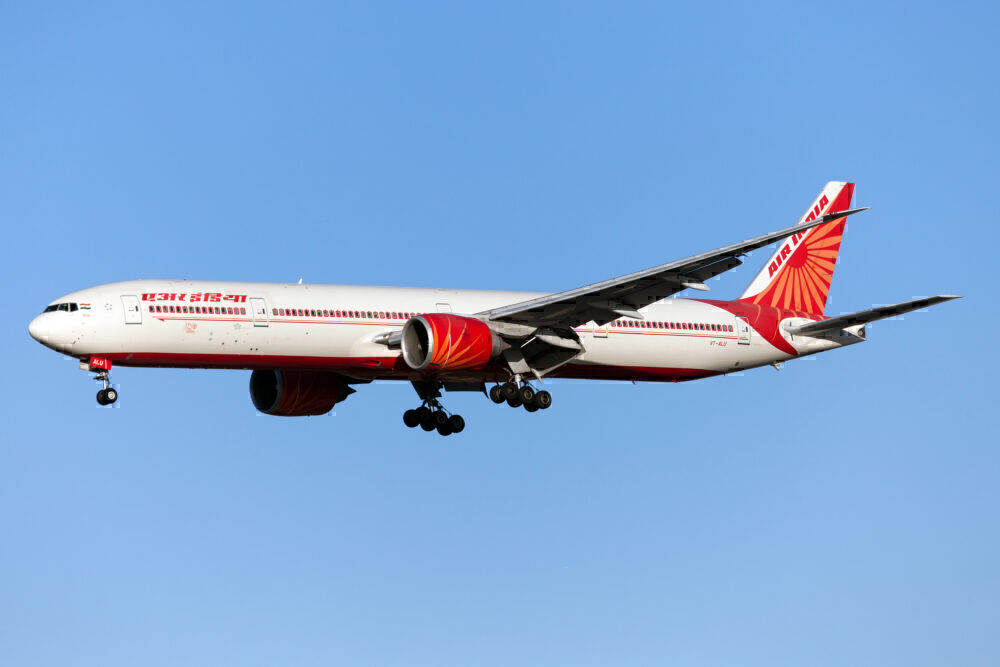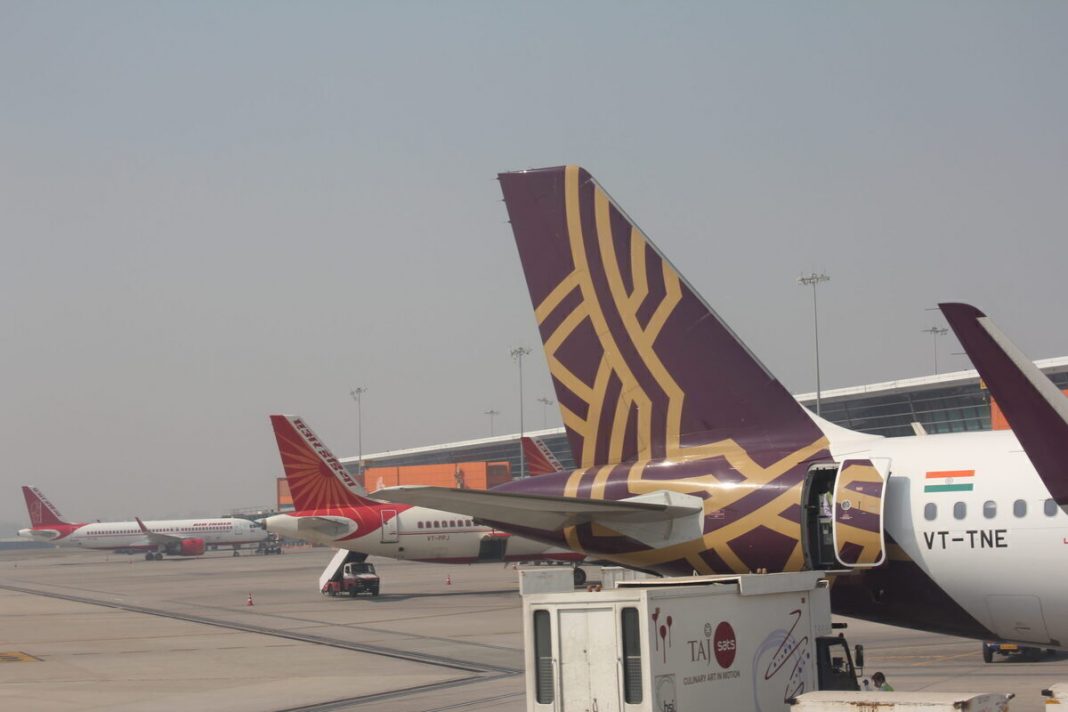With just a few hours left before the deadline for Air India’s sale, the Tata Group has reportedly filed a bid for the flag carrier. If successful, Tata would control both major full-service airlines in India, a prime position to be in. So could Vistara and Air India merge? Is this a feasible choice? Let’s find out.

Managing the two
Following months of speculation and debate, the Tata Group has reportedly filed an Expression of Interest in Air India, according to the Times of India. While other parties are interested in the carrier, likely buoyed by the recent news of a vaccine and return to normalcy in the next year or so, Tata is the favorite to take over the carrier.
The acquisition of Air India would be a symbolic win for Tata, which founded the carrier in 1932 and later saw the government nationalize it. However, Tata now also owns a majority share of Vistara, another Indian full-service carrier. Merging the two brands could make sense for several reasons.

As full-service carriers, both Vistara and Air India have a focus on long-haul markets. While the newer entrant just started its first route to London, Air India already has slots at key airports in the US, Europe, and East Asia. Merging the two airlines would allow Tata to consolidate India’s long-haul market and fill up expected demand.
Another strong reason to merge the carriers would be fleet similarity. Both Vistara and Air India operator Boeing widebodies and mostly Airbus narrowbody aircraft. The former’s fleet of 787-9s would complement the latter’s large 777 and 787 fleets. Additionally, the use of the A320 family for shorter flights by both carriers would allow for easier integration and help modernize Air India’s aging narrowbodies.
Practical hurdles
While the image of a joint Vistara-Air India might seem appealing, Tata has many practical hurdles to jump through. The first hurdle, common to many mergers, is which brand will be retained? While the instinctive answer would be Air India, being the flag carrier and older of the two, Vistara has also built a reputation as a premium airline (that Air India lacks).
It should also be noted that Tata reportedly chose to bid for Air India through its AirAsia India subsidiary and not Vistara. This could signal that Singapore Airlines does not plan to bid for the flag carrier along with Tata, raising several concerns over non-compete agreements and the future of Vistara.

Several questions remain before a Vistara-Air India merger can even be conceived. While the joint carrier would undoubtedly bring in much more money, it also requires a lot more capital to set-up and operates. The Tata Group has a lot of interesting situations to combat before ruling India’s long-haul market.
Which airline do you think would survive a merger? Would you fly with a Tata-led Air India? Let us know in the comments below!
[ad_2]
Source link


